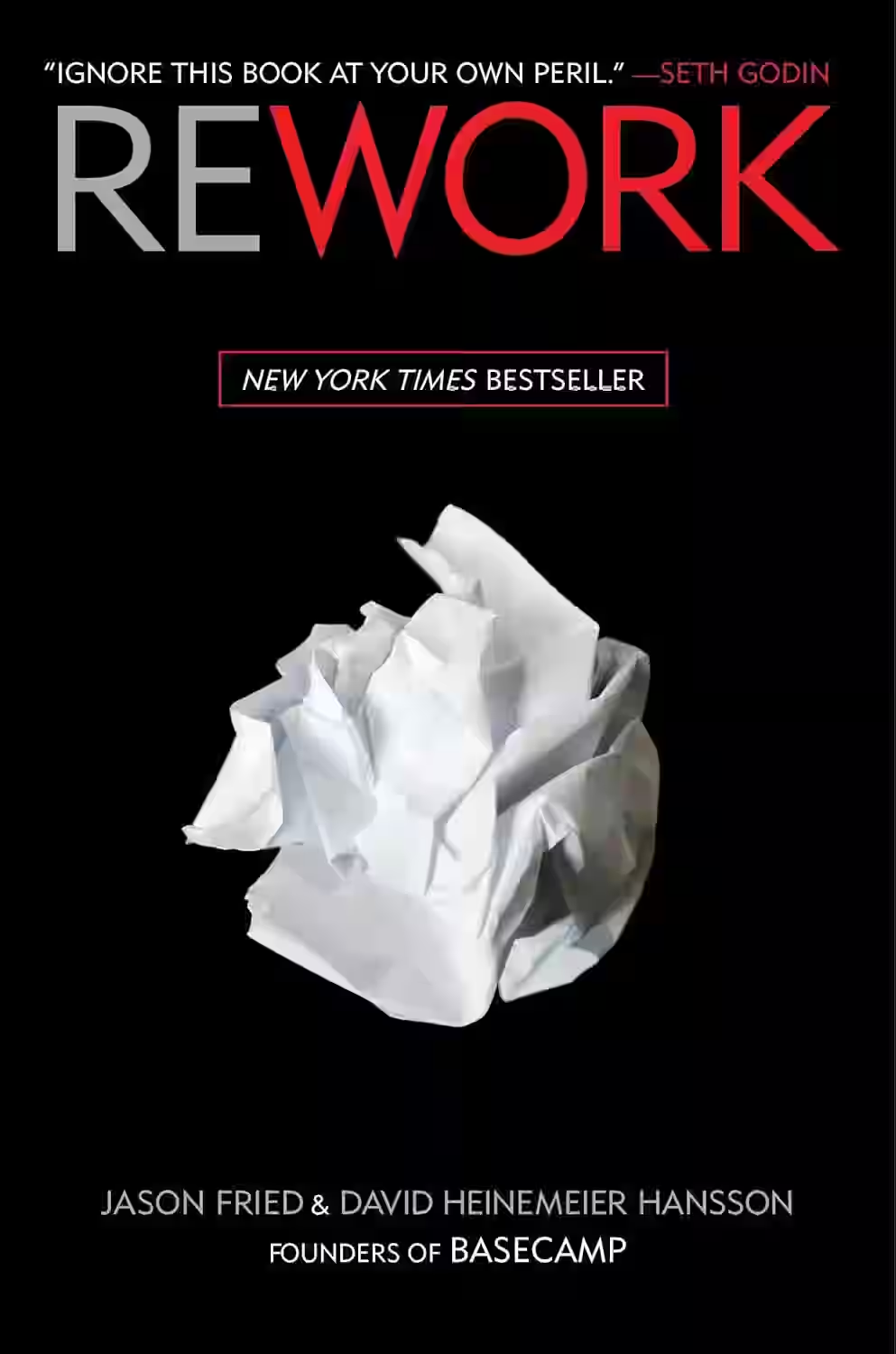
Rework is a no-nonsense guide to building and running a business differently—smarter, leaner, and with less bureaucracy. Written by the founders of Basecamp, the book dismantles traditional startup myths and offers fresh advice on productivity, marketing, hiring, and growth. Each chapter is short and punchy, advocating for simplicity, speed, and authenticity. Rework encourages readers to launch quickly, ignore competitors, and focus on real value rather than business plans or investor pitches. Whether you're an entrepreneur, freelancer, or team leader, this book provides a practical, counterintuitive perspective on what really matters when creating something meaningful.
About Jason Fried
Jason Fried is an entrepreneur, author, and co-founder of 37signals (now Basecamp), a company known for its project management tools and alternative approach to work. He co-authored Rework, a bestselling business book that challenges conventional startup wisdom and advocates for simplicity, focus, and doing less better. Fried is a vocal critic of hustle culture and traditional corporate structures, emphasizing calm, sustainable growth. Through his writing and business practices, he promotes clarity, asynchronous communication, and a strong work-life balance. His ideas have influenced startups and remote teams worldwide seeking more human-centric ways of building products and organizations.
About David Heinemeier Hansson
David Heinemeier Hansson (DHH) is a Danish programmer, entrepreneur, and author, best known for creating the Ruby on Rails web framework and co-founding Basecamp. As co-author of Rework, Remote, and It Doesn’t Have to Be Crazy at Work, he advocates for productivity, sustainability, and work-life harmony in modern business. Hansson is outspoken on topics like remote work, corporate ethics, and tech industry trends, often challenging the status quo. His technical work and writing reflect a commitment to simplicity, efficiency, and autonomy. In both code and thought, DHH continues to shape how startups and developers think about work and culture.
Similar Books
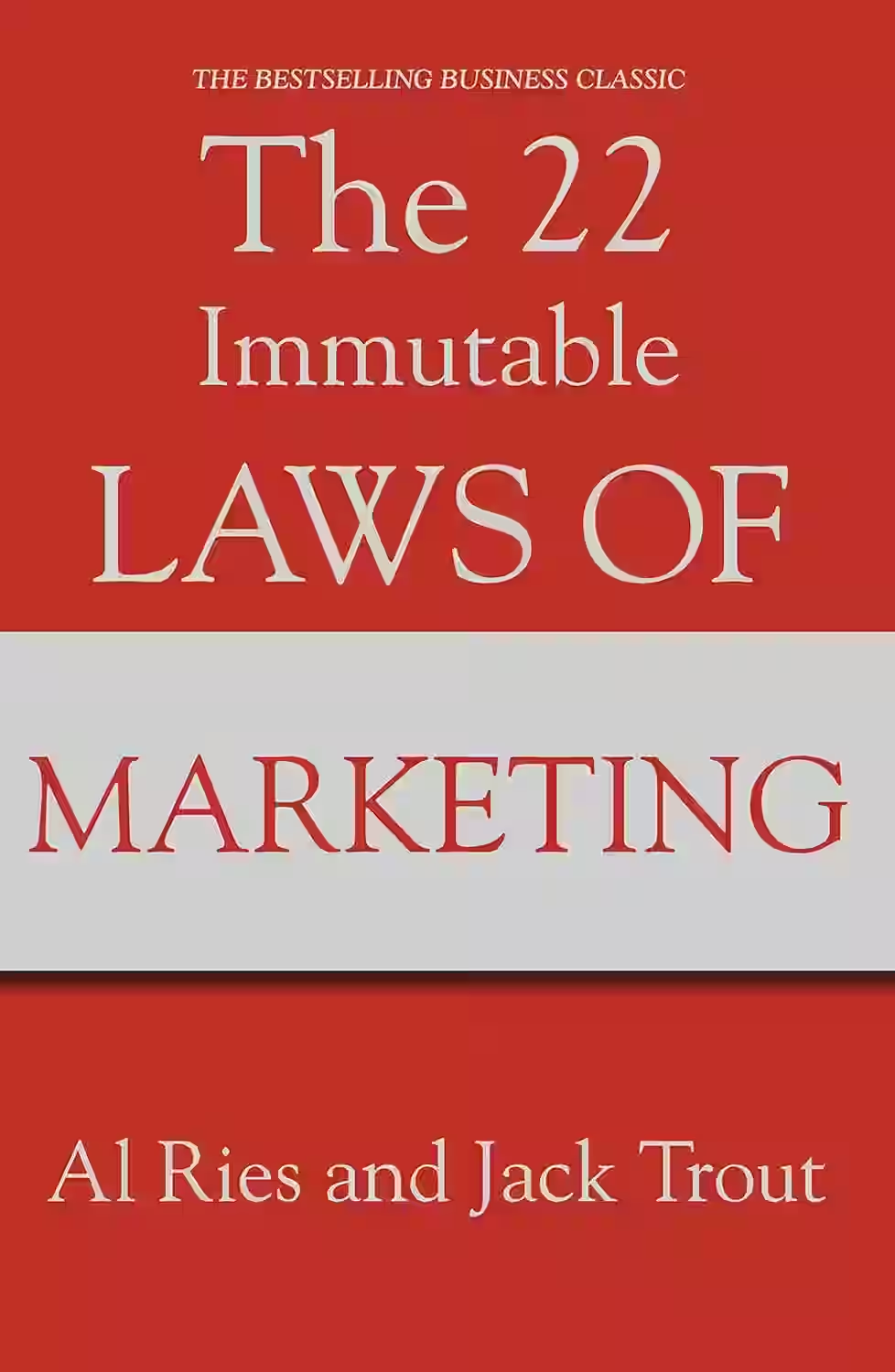
The 22 Immutable Laws of Marketing
by Al Ries, Jack Trout
This marketing classic distills decades of experience into 22 concise rules for building and maintaining strong brands. Al Ries and Jack Trout argue that marketing success comes from perception, not product, and each “law” illustrates a key principle—such as the Law of Leadership, the Law of the Category, and the Law of Focus. The book warns against common marketing pitfalls and emphasizes clarity, consistency, and positioning. Though first published in the 1990s, its ideas remain highly relevant in a crowded, fast-moving marketplace. It’s a sharp, digestible guide for marketers, entrepreneurs, and business owners seeking long-term strategic advantage.
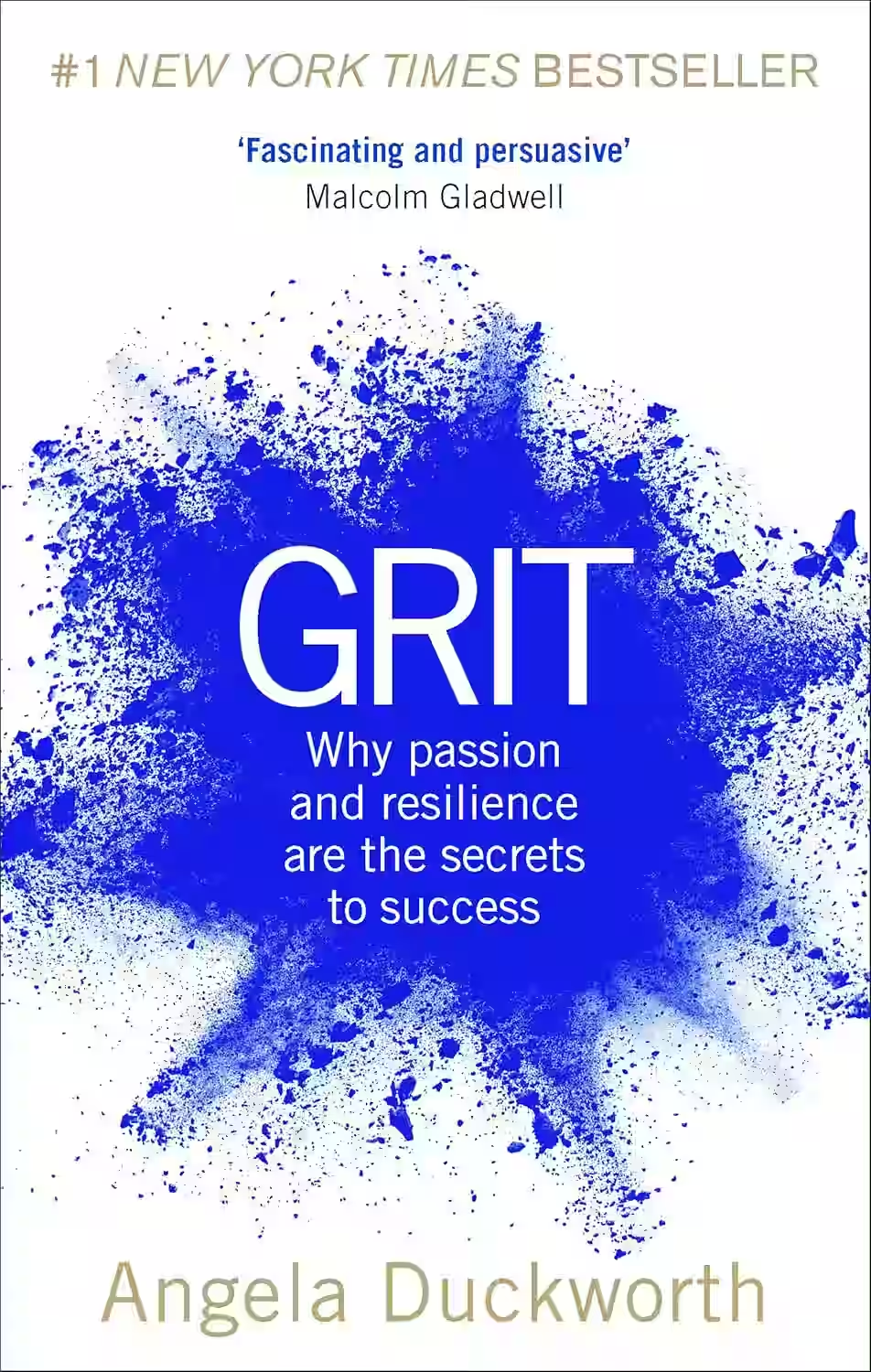
Grit
In Grit, psychologist Angela Duckworth explores why talent alone doesn’t predict success—grit does. Based on her research, Duckworth argues that sustained passion and persistent effort matter more than innate ability. She shares stories of high achievers from diverse fields, showing how resilience, long-term focus, and consistent hard work lead to exceptional outcomes. The book combines personal anecdotes, scientific studies, and practical strategies to help readers develop grit in their own lives. Duckworth’s insights challenge the myth of overnight success and inspire readers to pursue their goals with tenacity, regardless of obstacles or setbacks.
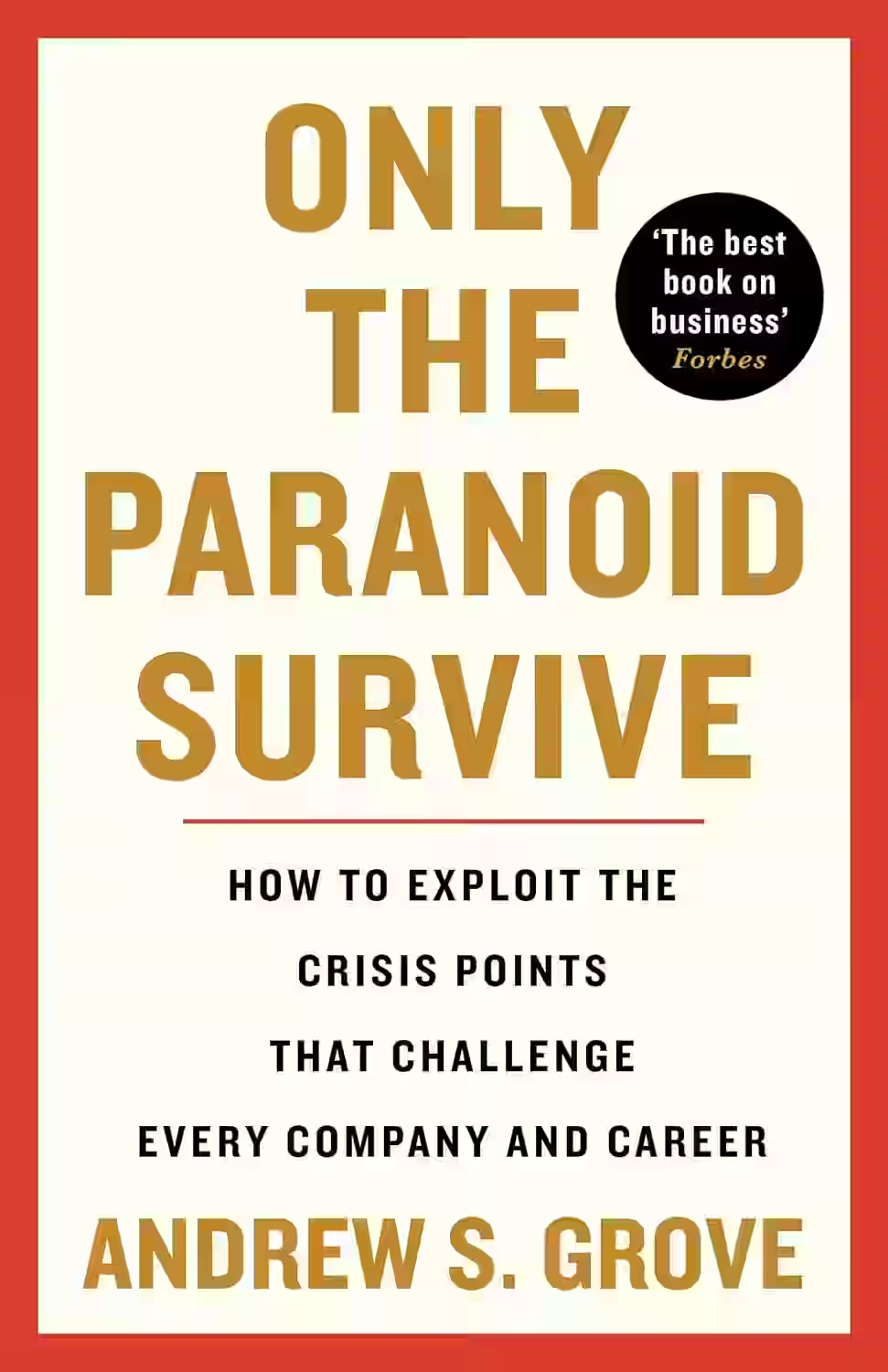
Only the Paranoid Survive
In this business classic, Intel co-founder Andy Grove shares insights into managing “strategic inflection points”—critical moments that can make or break a company. Drawing from his experience leading Intel through seismic shifts in the tech industry, Grove emphasizes the importance of adaptability, vigilance, and courage. His core idea: constant change demands a mindset of healthy paranoia. Companies and leaders must be ready to pivot when conditions shift. Part memoir, part management manual, the book offers practical strategies for staying competitive, fostering innovation, and leading through uncertainty. It remains a must-read for entrepreneurs, executives, and strategic thinkers.
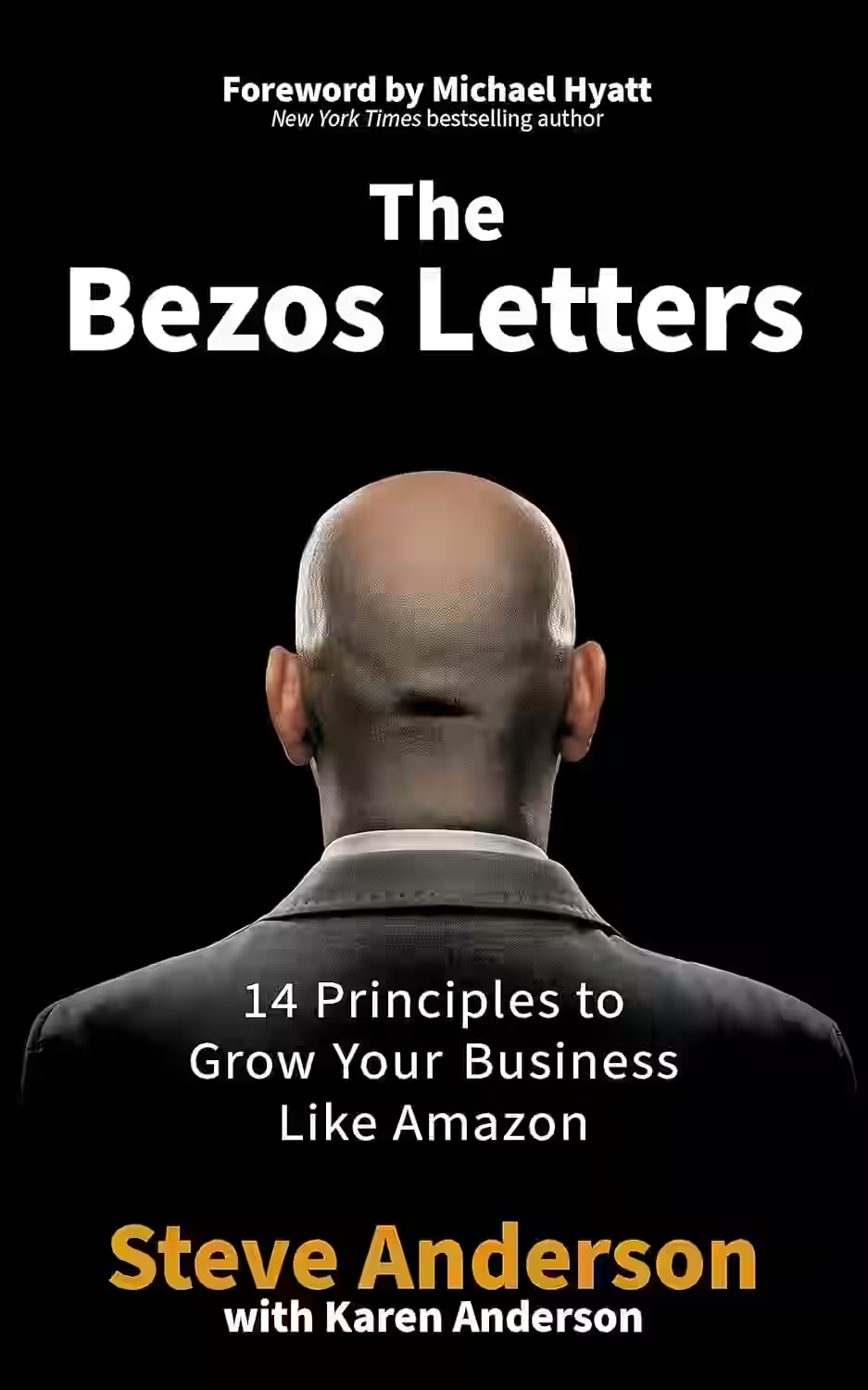
The Bezos Letters: 14 Principles to Grow Your Business Like Amazon
In 'The Bezos Letters: 14 Principles to Grow Your Business Like Amazon' by Steve Anderson, readers delve into the core principles that propelled Amazon to incredible success. The book breaks down Jeff Bezos' annual letters to shareholders over the years, revealing essential business strategies such as customer obsession, embracing failure, and long-term thinking. Anderson expertly distills these principles, providing valuable insights and actionable advice for entrepreneurs and business leaders looking to emulate Amazon's achievements. Through a combination of analysis and real-world examples, this book offers a compelling roadmap for growth and innovation in today's competitive market.